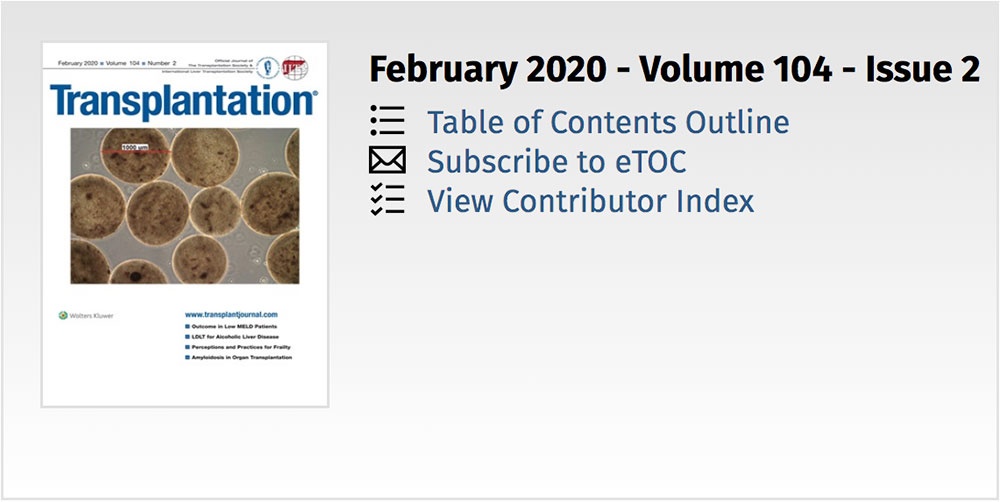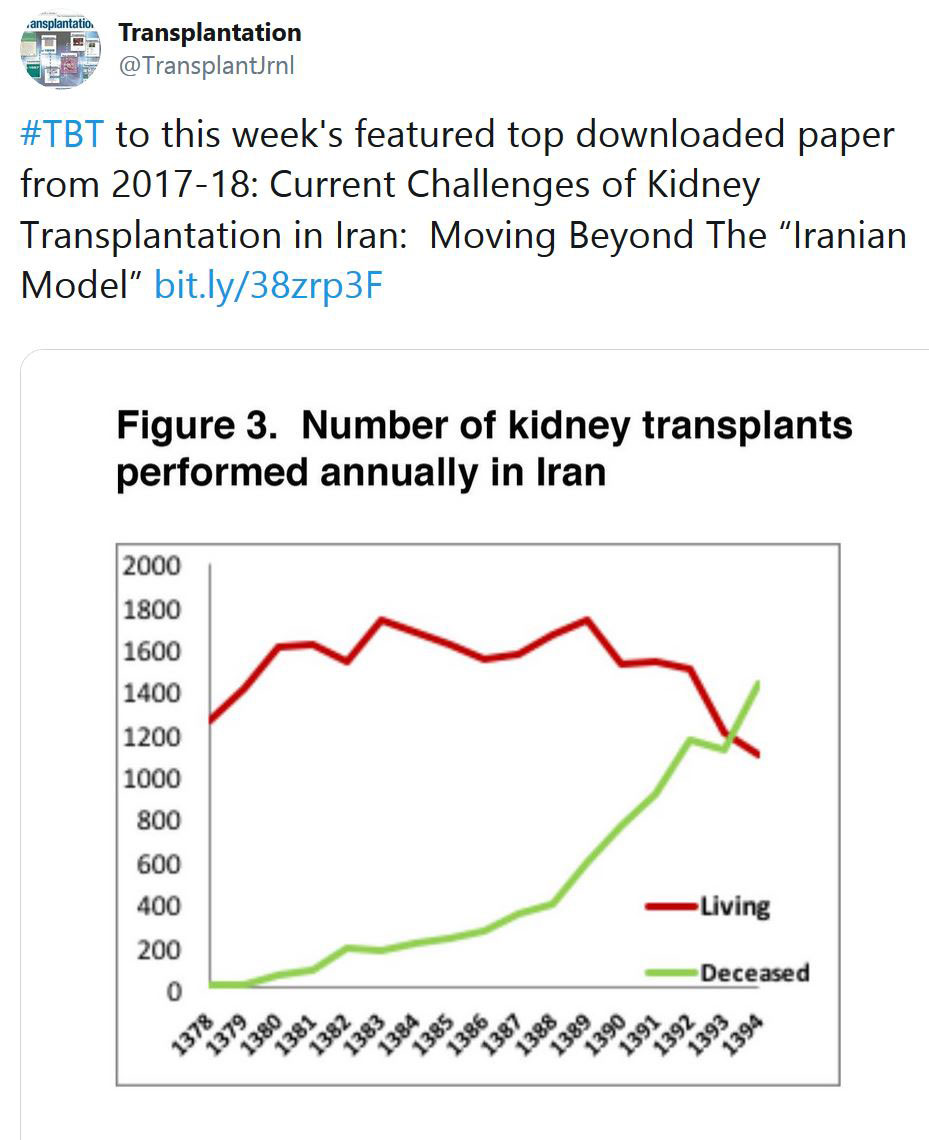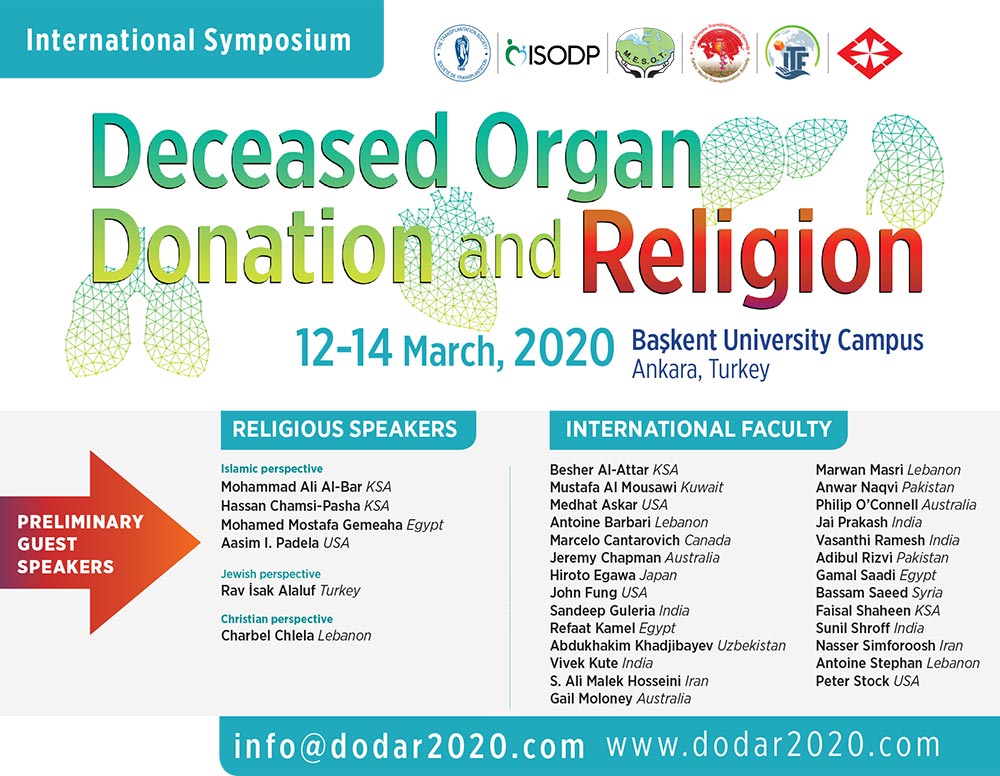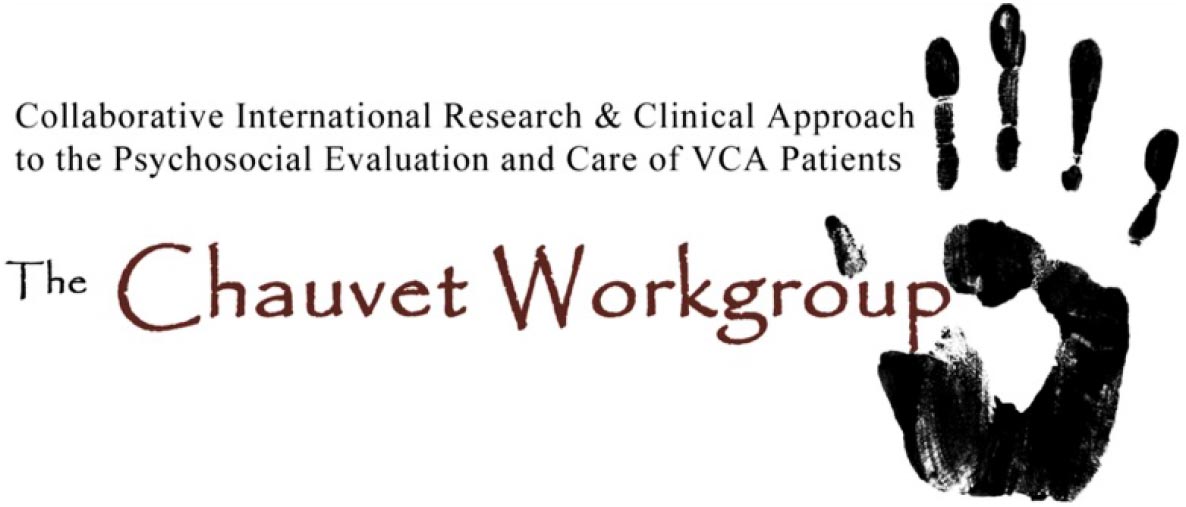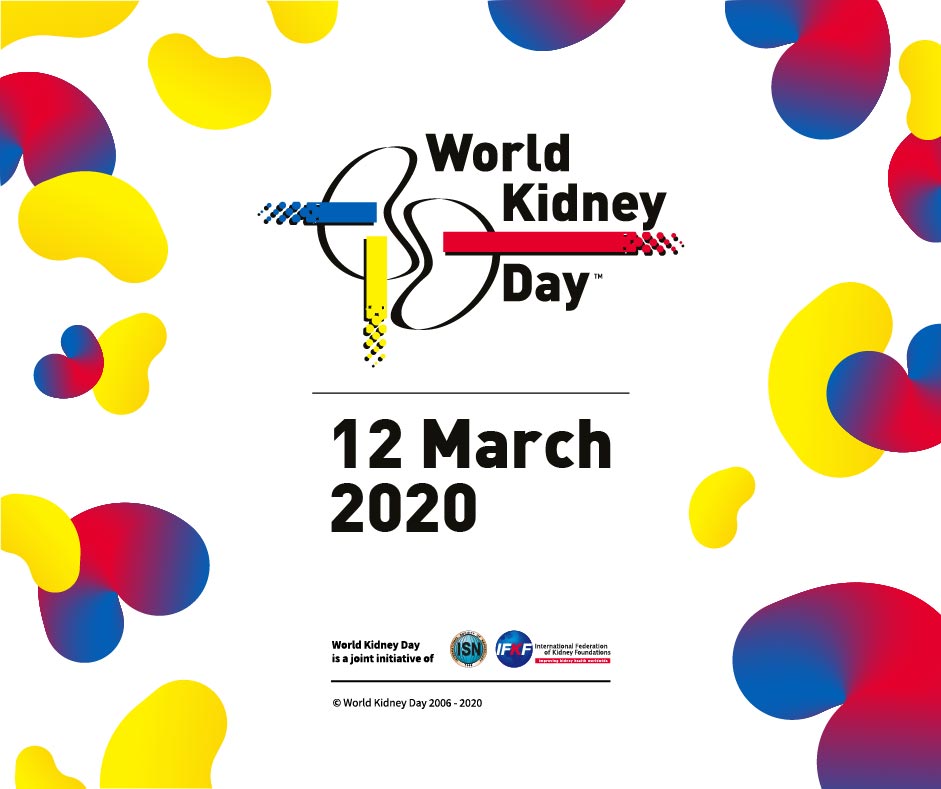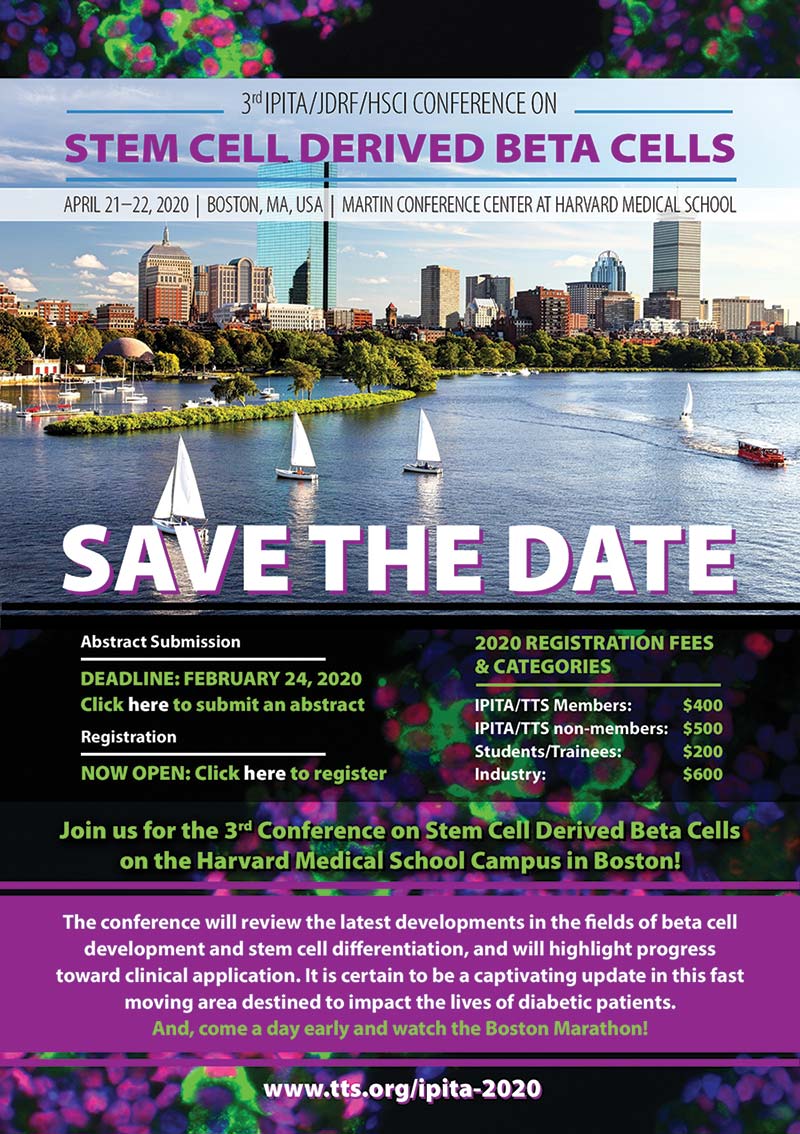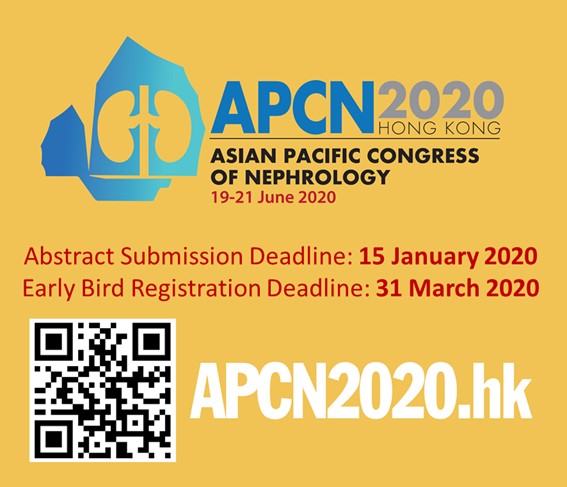
ABSTRACTS DUE FEBRUARY 18
If you are a TTS Member, we have setup an account for you in the system. You can retrieve your login credentials in the TTS Members area of tts.org.
YOUNG MEMBERS' SCIENTIFIC AWARDS

In order to help young members offset expenses to attend our Congress in Seoul, TTS 2020 will be offering Young Investigator Awards and International Transplantation Science Mentee-Mentor Awards. Award recipients will be selected on scientific merits (abstract submission deadline February 18, 2020).
Young Investigator Awards
To be eligible for the Young Investigator Awards, you need to apply by March 23, 2020, submit an abstract to the Congress, be a trainee (within 2 years of completion of their training and/or fellowship) and be a member of TTS.
International Transplantation Science Mentee-Mentor Awards
TTS in collaboration with National and International Societies acknowledges the contribution of basic science to the field of transplantation by offering Mentee-Mentor awards.
To be eligible, you need to apply by March 23, 2020, submit an abstract to the Congress, be a graduate student or trainee (within 5 years of receiving PhD, MD), both Mentee and Mentor must attend TTS 2020 and be member of both TTS and confirmed supporting Societies.
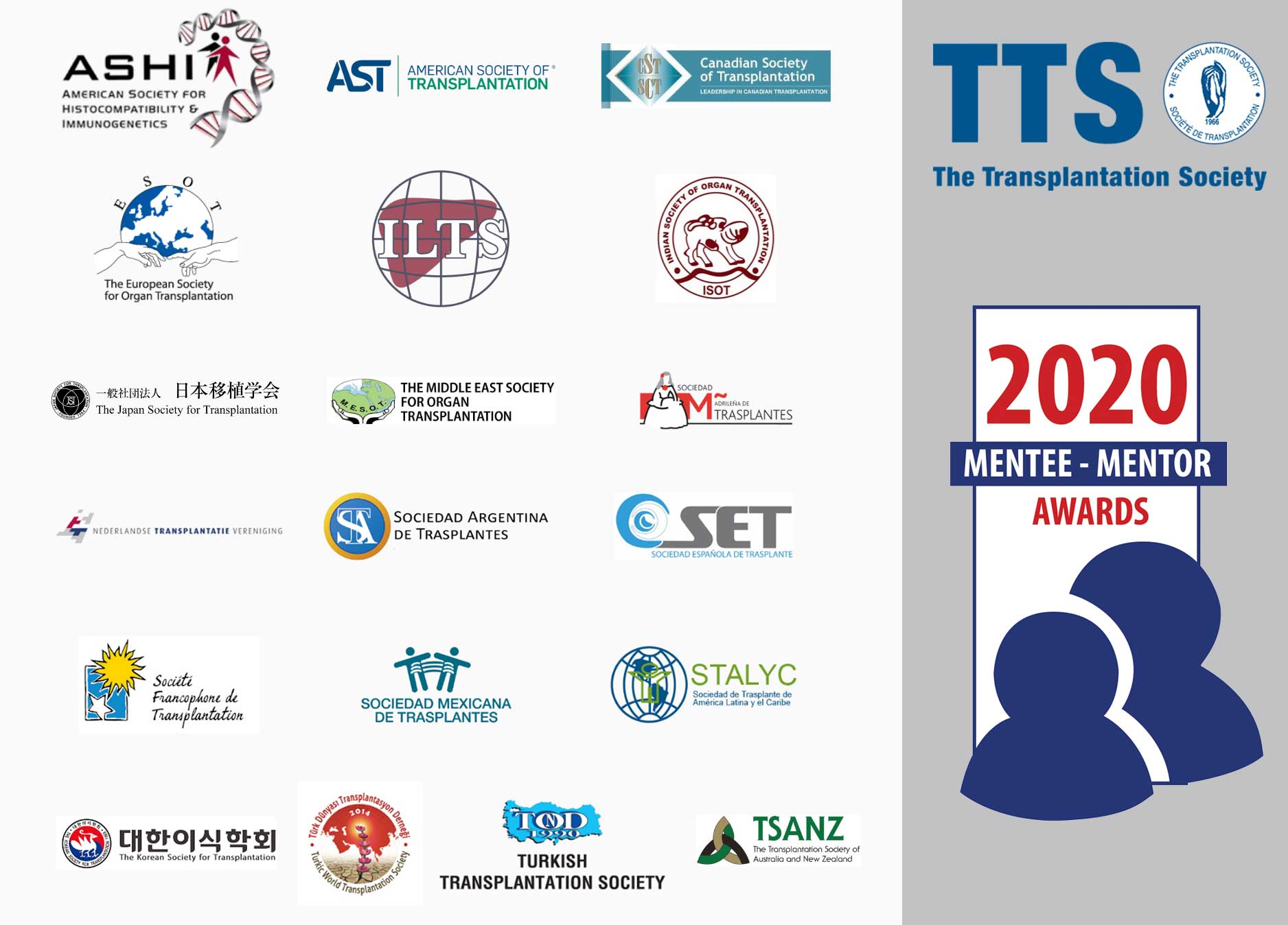
JUST RELEASED - TRANSPLANTATION - FEBRUARY ISSUE
In this issue we have the inspiring story of leading by example in receiving a Hep C positive donation. CMV is covered in a variety of papers from use of Letermovir for resistant disease, to an experimental study of CMV management after BMT. There is much of interest to the liver transplant field with thought provoking papers on - low MELD patients, the frail and those with Alcoholic Liver disease, should all dialysis patients be referred for kidney transplant listing? There is less positive news on Amyloidosis and renal transplantation but other criteria for listing/not listing/delisting are challenged in many papers. Much cause for thought as we move into a year that is already gathering pace.
CLICK HERE TO ACCESS THIS ISSUE
TTS MEMBERS - CLICK HERE TO SIGN-IN FOR OPEN ACCESS THROUGH TTS.ORG
IPTA OUTREACH PROGRAM 2020 - APPLICATIONS NOW OPEN!
Dear Colleagues,
The IPTA Outreach Committee is pleased to announce that applications for the 2020 Outreach Program are open. The program supports emerging centres that seek to develop or expand/enhance care in existing transplant programs.
Usually, an emerging centre will have identified a suitable supporting centre to assist them with this program; however it is possible the Outreach Committee can assist in this process.
The application package, guidelines and useful reference documents are available on the Outreach Program section of the IPTA website.
CLICK HERE TO VISIT THE WEBSITE
With many thanks,
Fiona Mackie
Chair, IPTA Outreach Committee
TTS-STALYC UPDATE COURSE AVAILABLE FOR TTS MEMBERS
If you were unable to participate in the TTS-STALYC Interactive Update Course, TTS and Sections Members can access the course recordings in the TTS Educational Library in English, Spanish and Portuguese!
TTS CALL FOR NOMINATIONS (PRESIDENT-ELECT, SECRETARY, TREASURER AND COUNCIL)
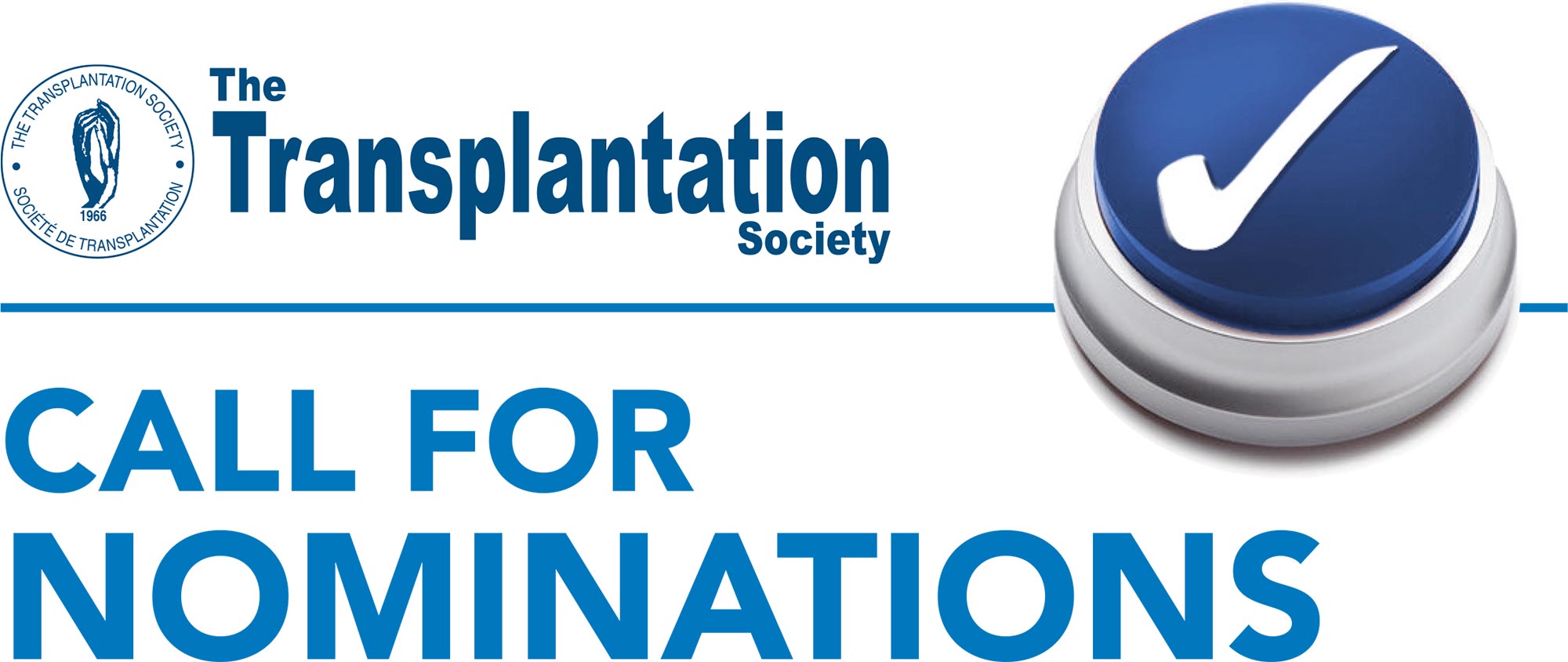
In 2020, three Officer positions will be vacated and 7 of the 12 Councilors-at-large representing the Regions will be changing. The elections will take place early in 2020 and those elected will assume their new roles starting at the 2020 TTS Congress in Seoul.
Members can access the online nominating form at www.tts.org/nominations. Since each nominee must have his or her form signed by three supporting members (including him/herself), the online process allows for efficient and rapid circulation.
THE NOMINATION DEADLINE IS FEBRUARY 14, 2020.
Please note:
- As successive presidents may not be from the same Region, members from the North America region who would have otherwise been eligible to become President-Elect are not eligible in these elections.
- Only full members who have served a full term on Council and have paid their dues are eligible for the Officer positions (President-Elect, Secretary and Treasurer).
- Only full members who have paid these dues are eligible to be nominated for Council.
- Only full members who have paid their dues may nominate and/or vote.
For more information on elections, visit the TTS website and consult the By-Laws in the “About” section.
Nominations are being sought for these positions
Officer Positions:
- President-Elect
- Secretary
- Treasurer
TTS Regions:
- Asia (2)
- Europe (1)
- Latin America (2)
- North America (2)
TRANSPLANTATION - HIGHLIGHTED ARTICLE

Dr. Andrea Schlegel, Editorial Fellow, Transplantation
Glycocalyx Damage Within Human Liver Grafts Correlates With Graft Injury and Postoperative Graft Function After Orthotopic Liver Transplantation
Schiefer J, Faybik P, Koch S, et al.
Transplantation: January 2020 - Volume 104 - Issue 1 - p 72-78
Authors address here the important topic of glycocalix degradation in organ transplantation. The effluent of 38 human livers was obtained at the end of cold storage and quantified for syndecan-1 (Sdc-1), a known biomarker representative for glycocalix destruction, using an enzyme-linked immunoassay. The syndecan concentration in the liver effluent was further correlated with transaminases in effluent and other parameters of injury, including cold ischemia time or graft implantation time. The serum of liver recipients was also assessed for syndecan-1 and routine parameters of liver injury on day 0-3 after liver transplantation. Authors found a higher Sdc-1 effluent concentration in recipients, who developed an early allograft dysfunction (EAD). Interestingly, in such recipients the Sdc-1 concentration remained elevated in the serum at day 1 after liver transplantation. Although, a strong association between effluent Sdc-1 concentrations and EAD (AUC=0.82) was found, the predictive value of syndecans in terms of other outcome parameters was limited. Authors could not demonstrate any correlation of Sdc-1with complications or graft and recipient survival. Sdc-1 quantification may serve as useful tool in combination with other parameters measured during machine perfusion prior to graft implantation.
TRANSPLANTATION - WEEK'S MOST DOWNLOADED PAPER
IN THE NEWS
KIDNEY TRANSPLANT BOOSTS CV FUNCTIONAL RESERVE

Feb. 7 - Patients with end-stage renal disease can expect to see improvements in cardiovascular functional reserve measured using cardiopulmonary exercise testing (CPET) within a year of undergoing a kidney transplant, the prospective CAPER study shows.
LOST LUGGAGE: HOW LIFESAVING ORGANS FOR TRANSPLANT GO MISSING IN TRANSIT
Feb. 8 - When a human heart was left behind by mistake on a Southwest Airlines plane in 2018, transplant officials downplayed the incident. They emphasized that the organ was used for valves and tissues, not to save the life of a waiting patient, so the delay was inconsequential. That high-profile event was dismissed as an anomaly, but a new analysis of transplant data finds that a startling number of lifesaving organs are lost or delayed while being shipped on commercial flights, the delays often rendering them unusable.
UPCOMING MEETINGS AND ANNOUNCEMENTS
DECEASED ORGAN DONATION AND RELIGION SYMPOSIUM - MARCH 12-14, 2020 - ANKARA, TURKEY
Hotel rates start at $35 USD per night for single accommodation at the Symposium Hotel.
4th International Chauvet Workshop - Save the Date!
We are excited to announce that the planning for the Chauvet 2020 meeting is well underway. This meeting is of interest to all health care providers who care for individuals with upper extremity amputations, severe facial disfigurement, absolute uterine factor infertility and those with loss of laryngeal function and all VCA candidates and recipients. If you are in any discipline with an interest in the psychosocial aspects of these patients, this meeting will interest you.
MEETING FACTS
- Location: Mayo Clinic Downtown Campus, Rochester MN, USA
- Date: April 30 (beginning at 12pm CDT) to May 2 (ending at 5pm).
- Registration fee: $310 (Includes meeting registration, two breakfasts and lunches and two gala dinners and networking events at the historic homes of Drs. William and Charles Mayo,)
- Lodging: There are several reasonably priced hotels in close proximity to the meeting location.
Email us to add yourself to our mailing list or with questions at transplant-rst@mayo.edu.
Watch for links to more information coming soon!
3rd IPITA/JDRF/HSCI Conference on Stem Cell Derived Beta Cells
18th Asian Pacific Congress of Nephrology (APCN)
Contact
Address
The Transplantation Society
International Headquarters
740 Notre-Dame Ouest
Suite 1245
Montréal, QC, H3C 3X6
Canada
Используйте Вавада казино для игры с бонусом — активируйте промокод и начните выигрывать уже сегодня!


